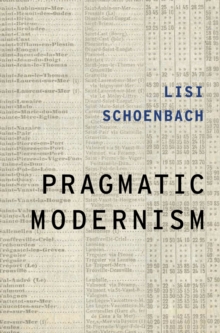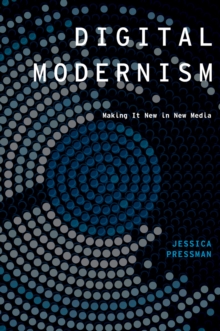
Modernism's Mythic Pose : Gender, Genre, Solo Performance PDF
by Carrie J. Preston
Part of the Modernist Literature and Culture series
Description
The ancient world served as an unconventional source of inspiration for a generation of modernists. Drawing on examples from literature, dance, photography, and film, Modernism's Mythic Pose argues that a strain of antimodern-classicism permeates modernist celebrations of novelty, shock, and technology. The touchstone of Preston's study is Delsartism--the popular transnational movement which promoted mythic statue--posing, poetic recitation, and other hybrid solo performances for health and spiritual development. Derived from nineteenth-century acting theorist Fran?ois Delsarte and largely organized by women, Delsartism shaped modernist performances, genres, and ideas of gender. Even Ezra Pound, a famous promoter of the "new," made ancient figures speak in the "old" genre of the dramatic monologue and performed public recitations. Recovering precedents in nineteenth-century popular entertainments and Delsartism's hybrid performances, this book considers the canonical modernists Pound and T. S. Eliot, lesser-known poets like Charlotte Mew, the Russian filmmaker Lev Kuleshov, Isadora Duncan the international dance star, and H.D. as poet and film actor. Preston's interdisciplinary engagement with performance, poetics, modern dance, and silent film demonstrates that studies of modernism often overemphasize breaks with the past. Modernism also posed myth in an ambivalent relationship to modernity, a halt in the march of progress that could function as escapism, skeptical critique, or a figure for the death of gods and civilizations.
Information
-
Download - Immediately Available
- Format:PDF
- Publisher:Oxford University Press
- Publication Date:02/09/2011
- Category:
- ISBN:9780199877447
Information
-
Download - Immediately Available
- Format:PDF
- Publisher:Oxford University Press
- Publication Date:02/09/2011
- Category:
- ISBN:9780199877447










